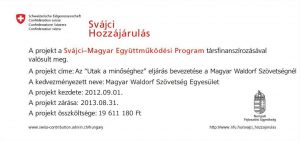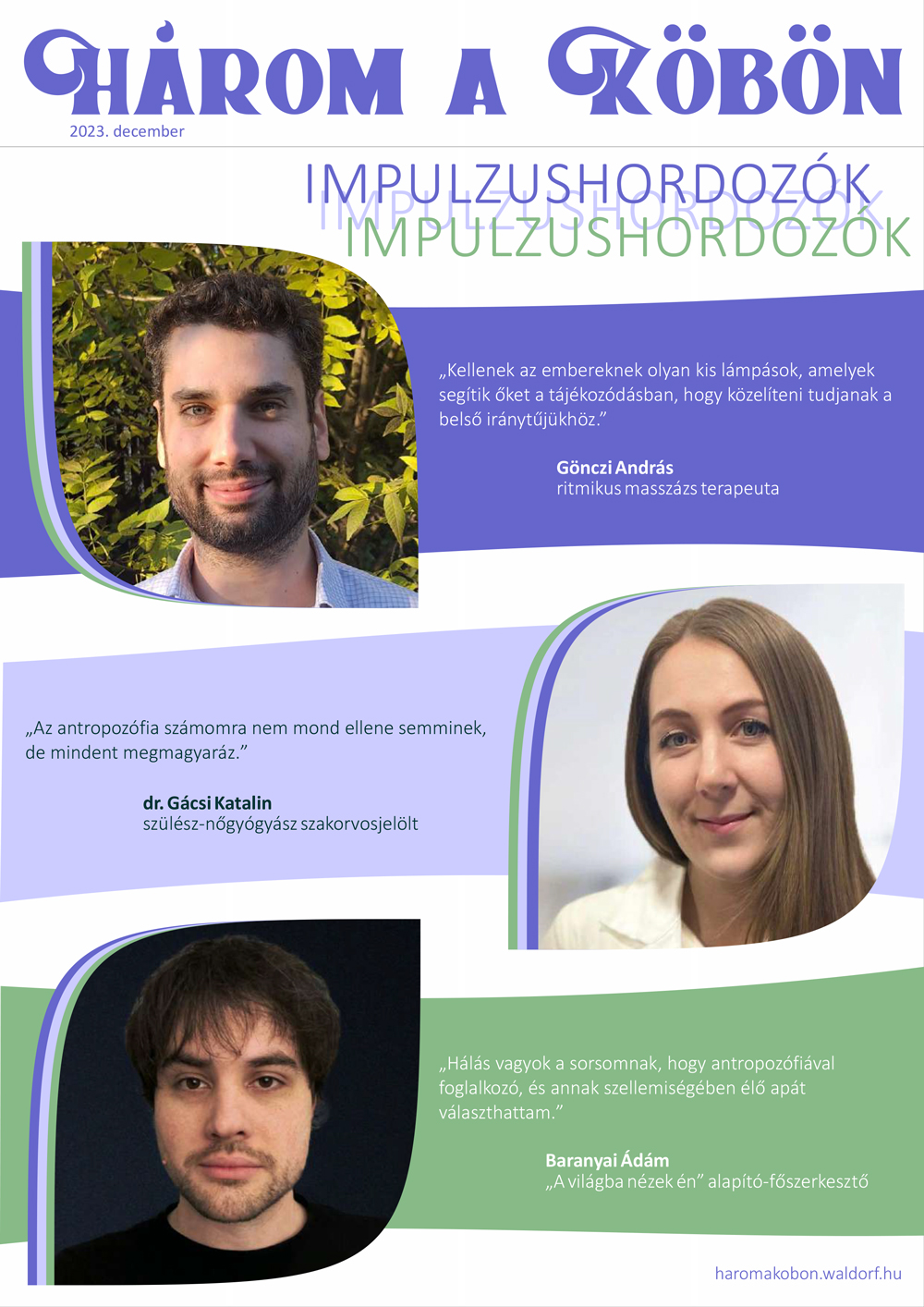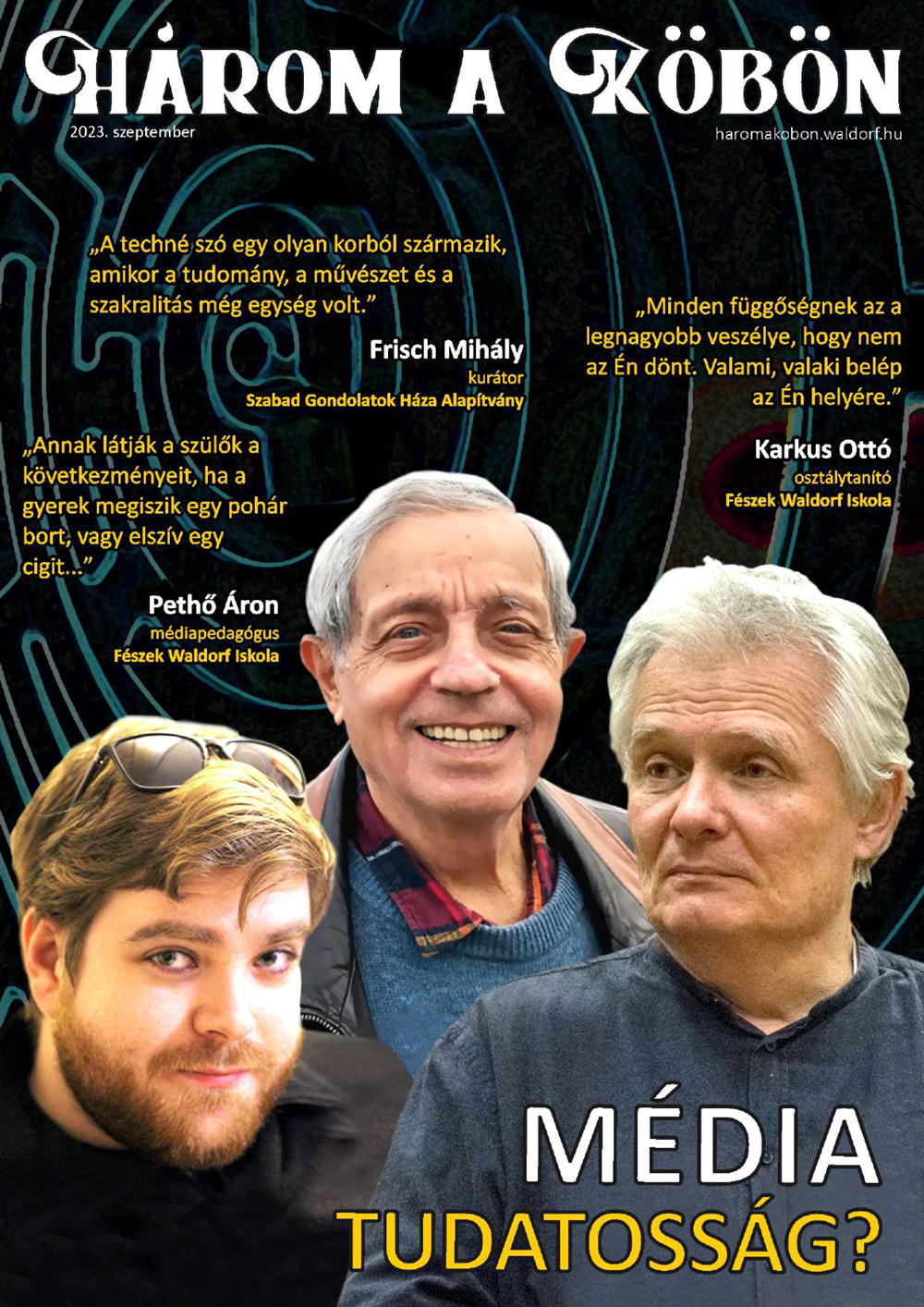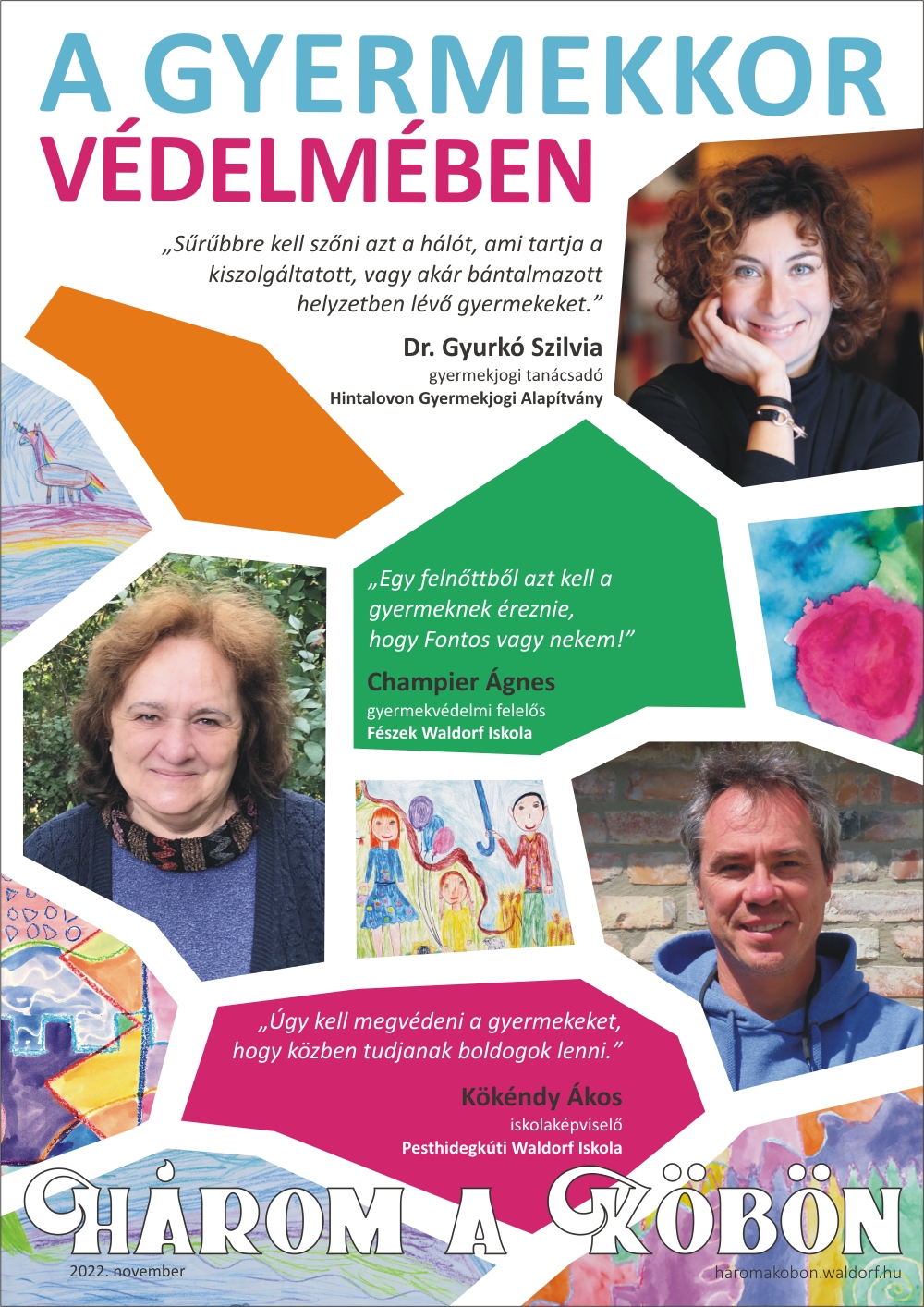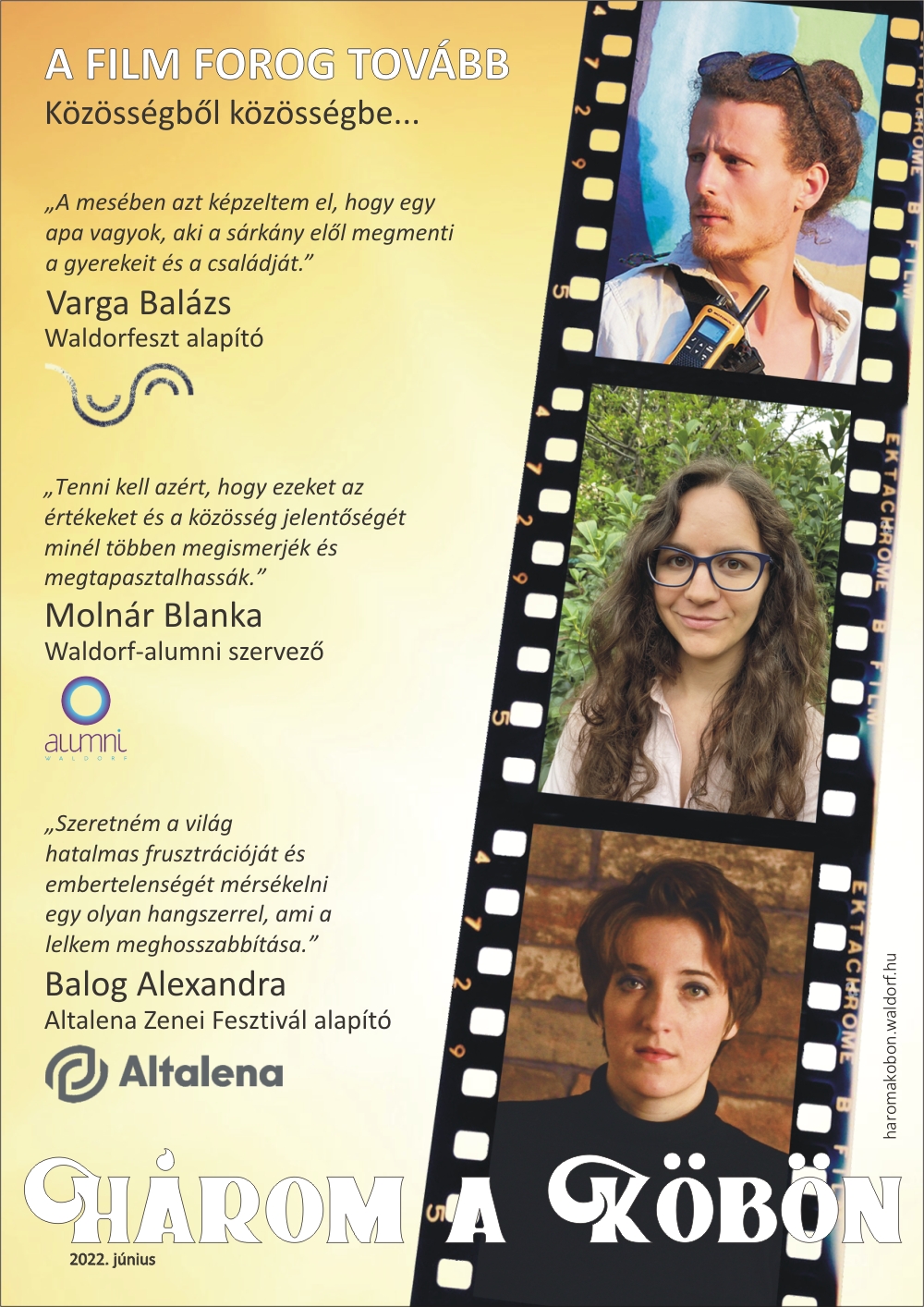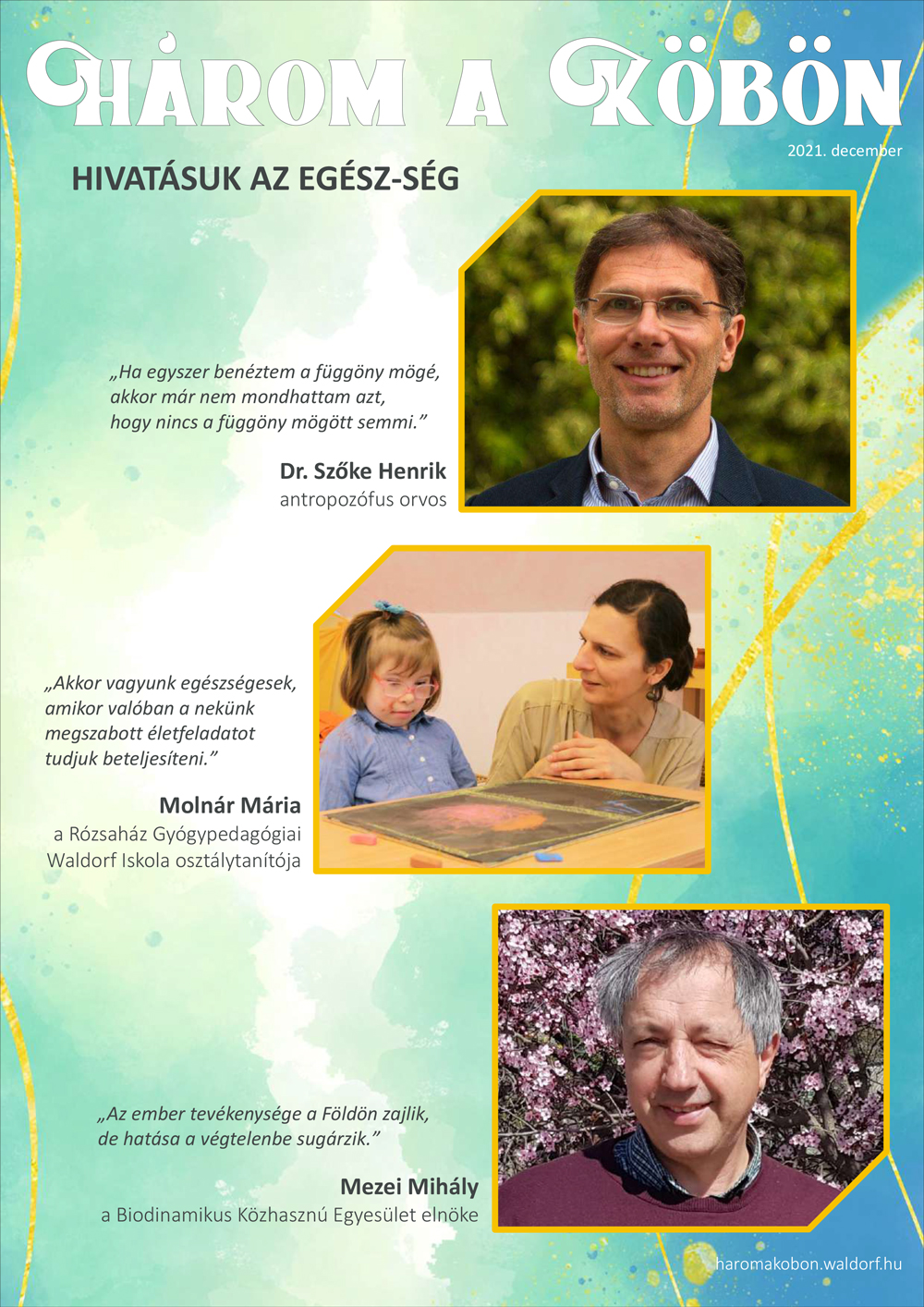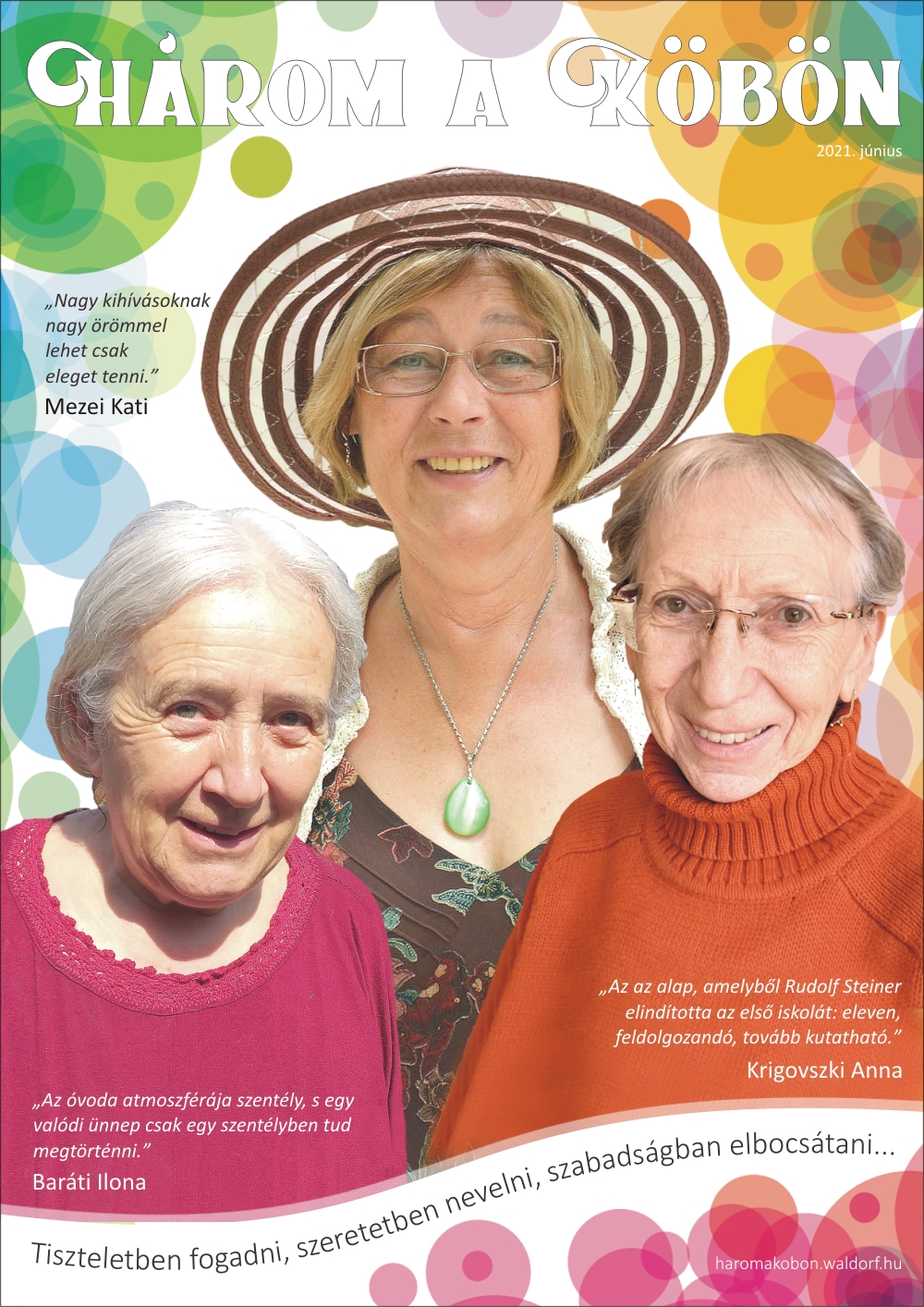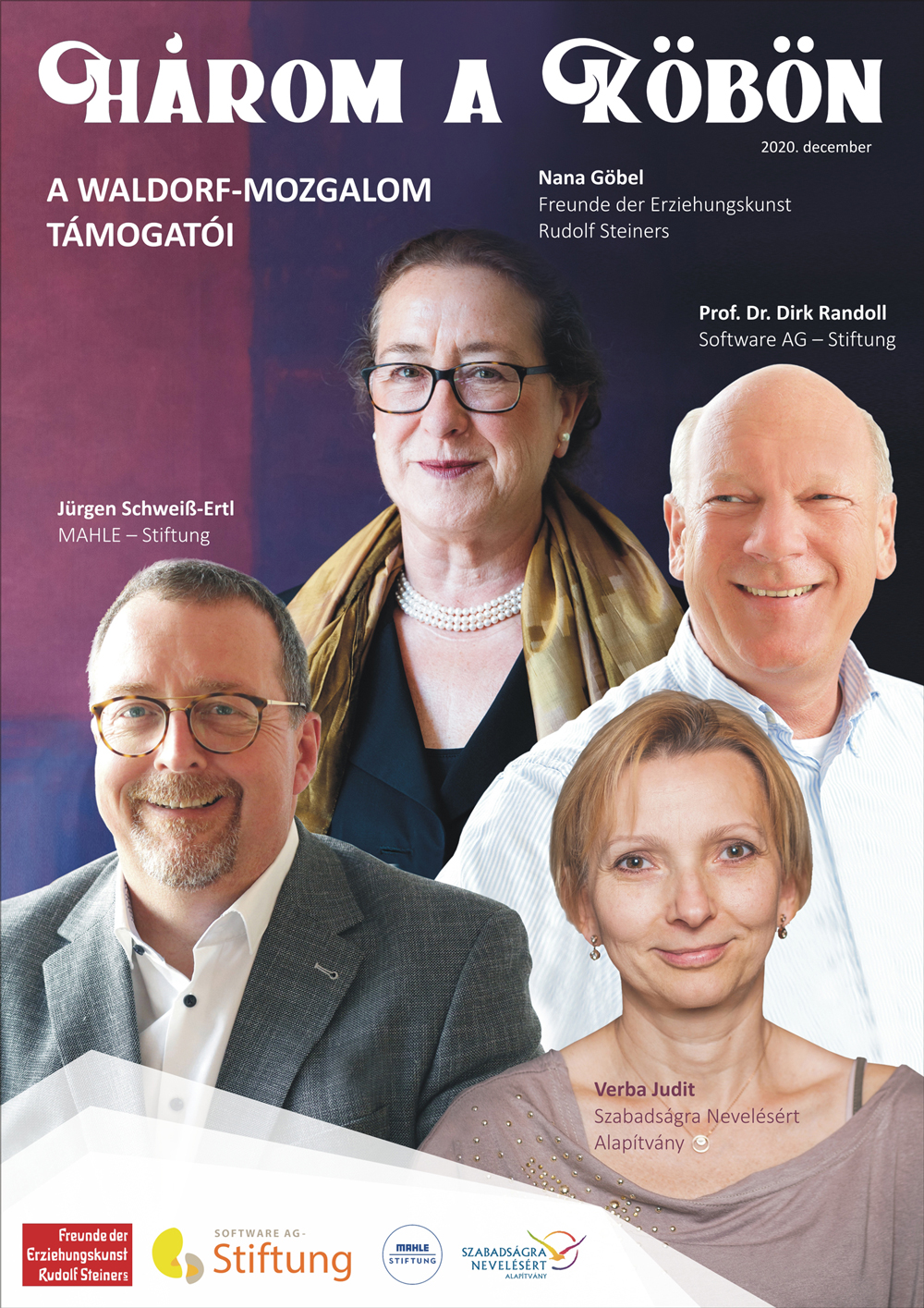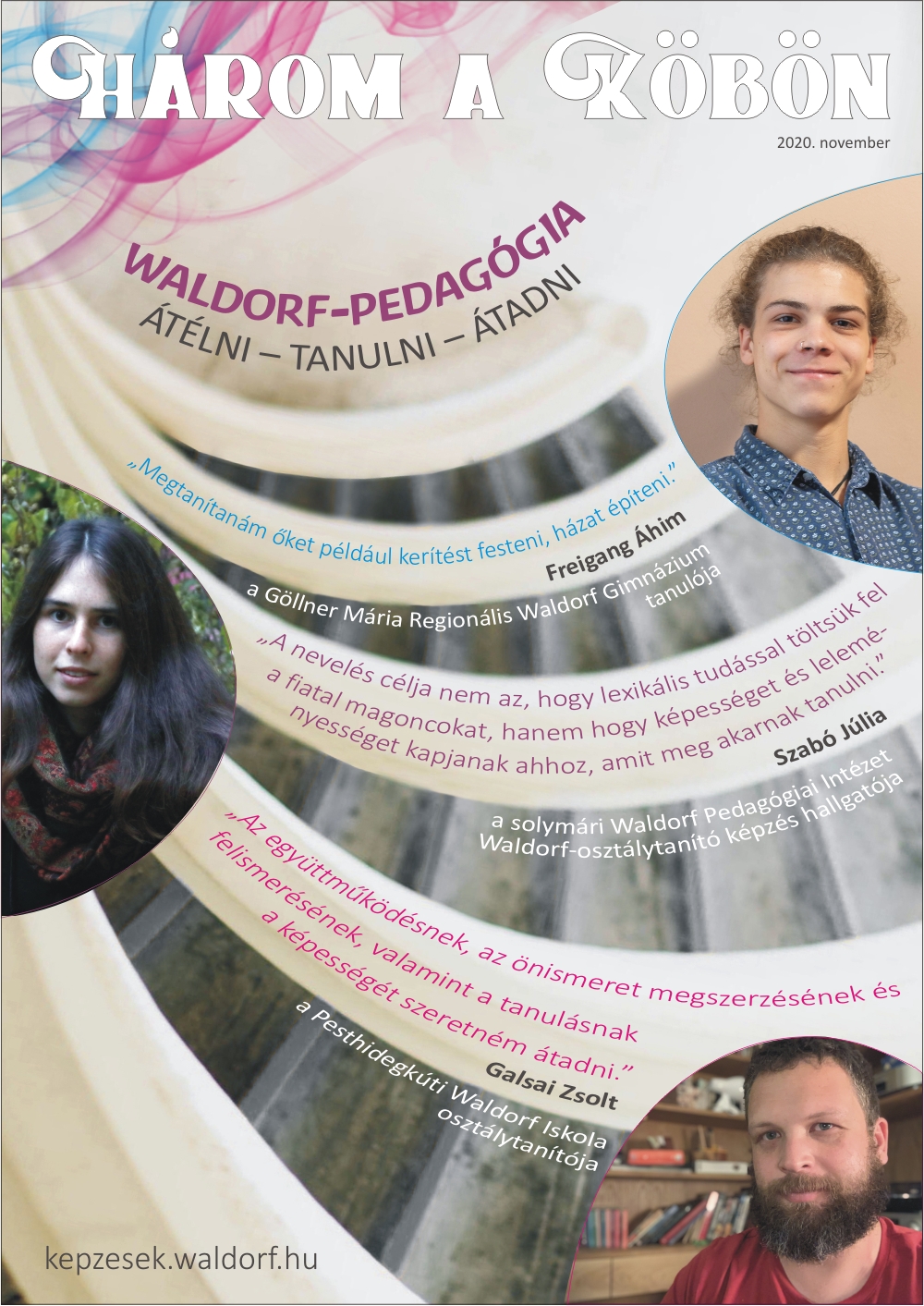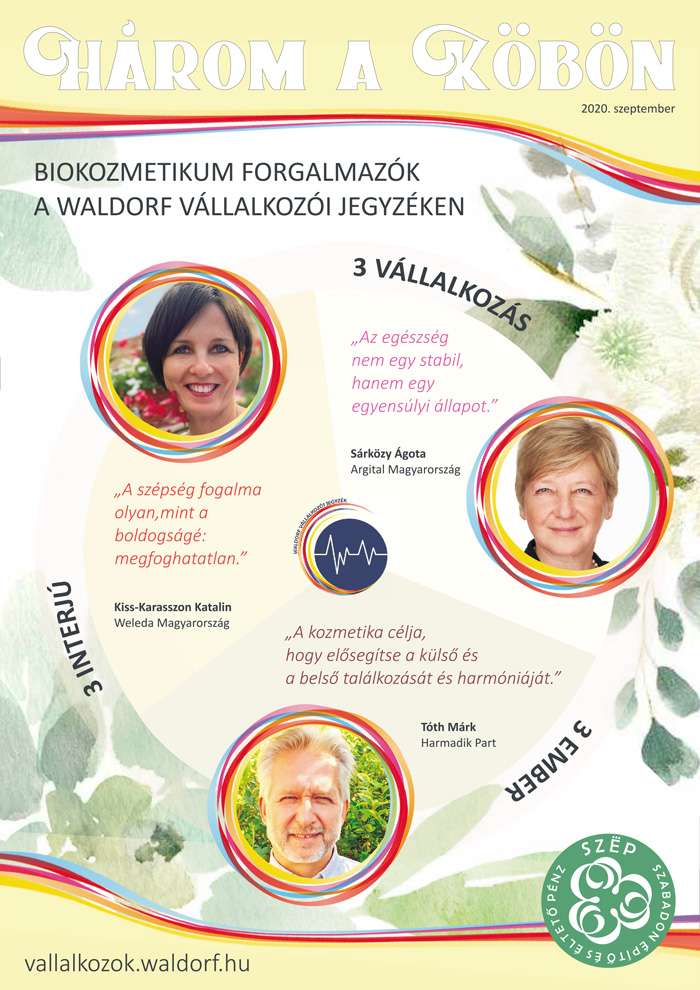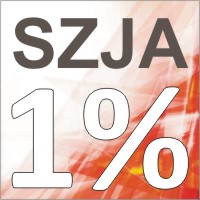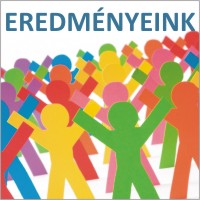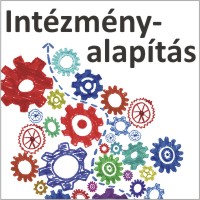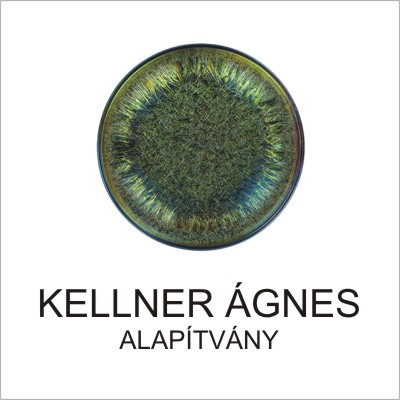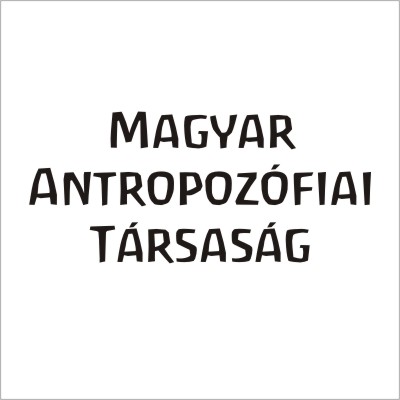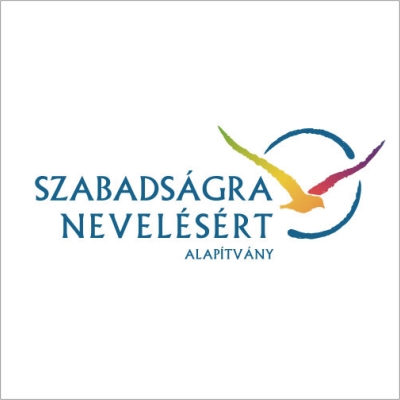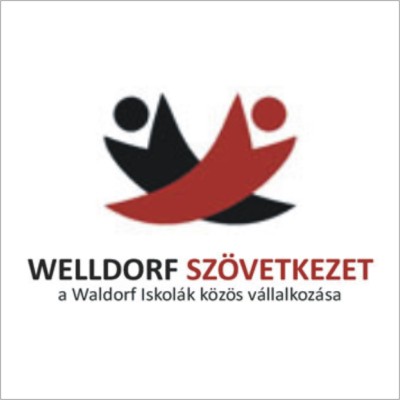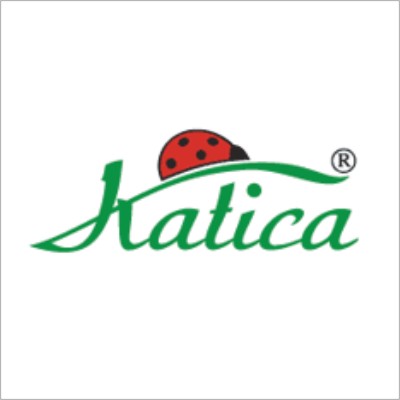Utak a minőséghez pályázat

Beszámoló
A világ humora – Waldorfos barangolások Svájcban
Időközi jelentések
A Magyar Waldorf Szövetség Egyesület 17 650 062 forint vissza nem térítendő támogatást nyert a Svájci Hozzájárulás programján belül.
A projekt aktualitását részben az adja, hogy megalkotásra került a nemzeti köznevelésről szóló 2011. évi CXC. törvény. Az elfogadott új jogszabályban szabályozott minősítési eljárások alapvetően térnek el az ún. Waldorf-módszer esetében alkalmazásra kerülő eljárásoktól. Annak érdekében, hogy a Waldorf oktatási intézményekben zajló oktatás esetében is alkalmazhatóak legyenek a köznevelési törvényben elvárt minősítési eljárások, szükséges egy minősítési eljárásrend kidolgozása, amely lehetővé teszi a Waldorf-módszer szerint zajló oktatási folyamatok adekvált minősítését.
A program keretében a svájci partnerintézet által részletesen kidolgozott és sikerrel alkalmazott minőségirányítási rendszert kívánjuk megismertetni a hazai Waldorf intézményekben oktató pedagógusokkal, illetve svájci partnerünk segítségével kívánunk tréninget szervezni a hazai pedagógusok későbbi képzését végző munkatársaink felkészítésére.
A program keretében arra is lehetőséget kívánunk adni, hogy magyar pedagógusok svájci partnerünknél szerezhessenek tapasztalatot a minőségirányítási rendszer gyakorlati alkalmazásáról. A program tapasztlatait nyomtatott kiadványban kívánjuk összegezni, amely biztosítja majd, hogy a személyesen szerzett tapasztalatok materiális formában testet öltve hosszú évekig rendelkezésre álljanak majd, és a Waldorf intézményekben rendelkezésre álljon a minőségirányítási eljárás minden részletre kiterjedő kézikönyve. A magyar Waldorf intézmények számára felbecsülhetetlen hozadéka lehet annak, hogy a módszert jól ismerő tapasztalt svájci kollégák tapasztalataiból részesülhetnek a program által.
A másik oldalról svájci partnerünk a projekt által visszacsatolást kaphat arról, hogy egy Svájcban gyökerező, és ott jelentős múltra visszatekintő oktatási módszer hogyan honosodott meg egy másik országban, illetve milyen kihívásokkal küzd annak alkalmazása egy a svájcitól különböző társadalmi környezetben. Ezáltal partnerünk is hasznos információkat, illetve kitekintést kaphat arról, hogy a hazájukban jól ismert oktatási módszer milyen módon alkalmazható egy más társadalmi kultúrával rendelkező országban.
Swiss Contribution
The currentness of project partly comes from the fact that Act CXC of 2011 on national public education was enacted. The new qualification procedures stipulated in the new law launched are essentially different from procedures used in the case of the so-called Waldorf method. In order to ensure that the qualification procedures required by the public education act can be applied in the course of the ongoing education in the Waldorf educational institutions, it is necessary to develop rating procedures that enables the adequate rating of the educational processes run by the Waldorf method.
In the frame of the programme we would like to introduce the quality management system thoroughly developed and successfully adapted by the Swiss partner institution to the teachers of the Hungarian Waldorf education institutions, and with the help of our Swiss partner to organize training to train our co-workers who will be involved in the further training of the Hungarian teachers.
The programme also allows us to give opportunity for the Hungarian teachers to gain experience by our partner in Switzerland in the practical application of the quality management system. We would like to summarize the experience gathered in the programme in printed publications ensuring thereby that the personally gained experience will be kept in a material form and will be available for many years. The detailed manual of the quality control procedure shall be also available in the Waldorf institutions. It would bring utmost benefit for the Hungarian Waldorf institutions if experienced Swiss colleagues knowing every detail of the procedure shared their experience with them during the programme.
On the other hand, our Swiss partner could have feedback due to the programme about how a teaching method originating from Switzerland and having there a remarkable past could become established in another country and which challenges its application faces in a society differing from the Swiss one. This experience will help our partner gain useful information and get insight on how a well-known Swiss teaching method can be applied in another country with different social culture.
